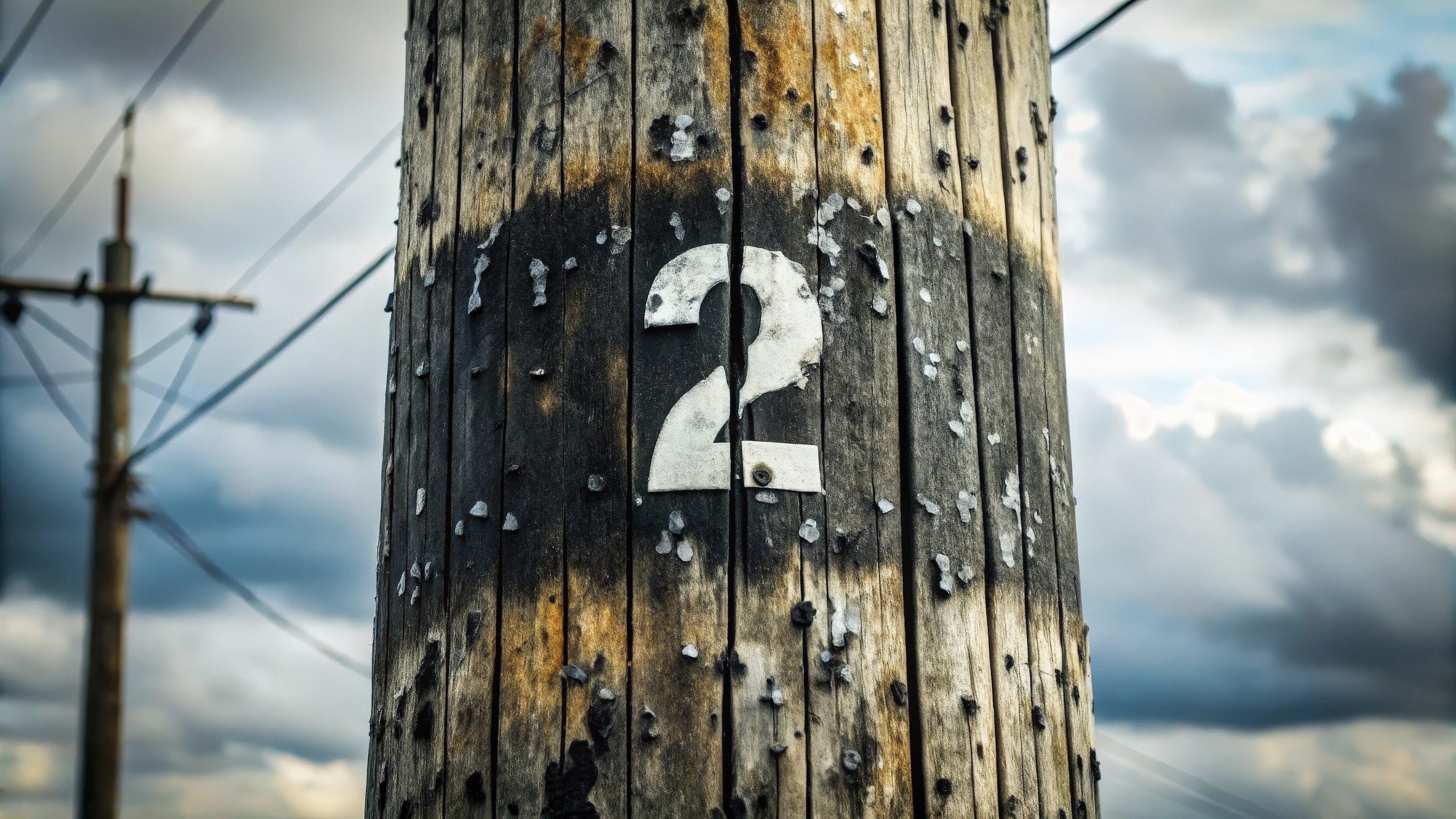Self-Improvement is Driving Me Crazy

Caveat permanentum: Nothing in this blog is research-based or empirically verifiable. I’m not against those things, but other people are much better at them than I am. So while I’d love to have you stick around, if you’re looking for Big Data, look elsewhere.
—
For no apparent reason, I recently decided to develop five new “positive” habits all at once. I’m on a diet. I go to the gym every day. I don’t drink any alcohol, ever. And when I wake up in the morning, before anything else, I write for 20-30 minutes in a journaling app.
How did this happen to me? In part, I blame the Tim Ferriss podcast. Tim is a “lifestyle guru,” a venture capitalist, and allegedly a world-class tango dancer. He wrote The 4-Hour Workweek and The 4-Hour Body. Both of these books are of the “change your life, now!” genre that used to make my heart sink whenever, as a high school kid, I’d encounter it on my dad’s personal bookshelves. Ferriss calls himself a “human guinea pig” and performs experiments on himself to achieve maximum efficiency in learning random new things like Japanese horseback archery, and in the everyday stuff like burning fat, clearing your inbox, and making lots of money. The premise of The Four Hour Work Week is that prior to becoming a lifestyle guru, Tim eliminated waste from his workday as a tech entrepreneur, cutting out 36 hours of busywork, which enabled him to make tons of money while flying around the world mastering weird things. Sound like snake oil? It mostly does to me, too. But on the podcast, Tim is a lot less aggro than elsewhere. He tries to listen to people. He talks about his insecurities. He interviews a psychologist about the benefits of psychedelic drugs. He hangs out with Amanda Palmer. And in this new, more me-friendly incarnation, he has wormed his gleaming, self-optimized way into my consciousness.
That may explain why I am now using a “coaching app” (in which, full disclosure, Tim is an investor “because I believe in the product”) to “check in” twice a day about my newly formed habits. The app then sends me little “congratulations” notifications when I’ve been on a streak of X days of habit Y.
What’s going on here? I loathe BF Skinner and the behaviorist carrot/stick approach to the human psyche. Sure, it “works,” but unlike, say, Jung or Abraham Maslow, it reduces us to our canine nature: eager to please. Afraid to fail.
Popular neuroscience (a genre oft pilloried on Big Think by my brilliant colleague Simon Oxenham) has recently brought us a bunch of books on how habit works in the brain and how to use that knowledge to kick bad habits and form good ones. We’ve interviewed a couple of these authors and their videos, like their books, have enjoyed blockbuster success. Charles Duhigg on “the Power of Habit.” Gretchen Rubin on habits and happiness. The basic idea is that habits (good or bad) form reward loops in the brain that make the behaviors automatic. Feel stress. Grab cigarette. Get pleasant nicotine rush plus maybe placebo effect of cigarette as “relaxing.” Be OK for a while. Feel stress. Repeat. So “quitting smoking” isn’t just an act of will; it’s an act of rewiring the brain to reach for something other than a cigarette when you’re stressed. Kale, maybe.
Fair enough. Makes sense. But along with all of my five new habits has come an inner Stalin who is constantly scanning the environment for any enemy of The Grand Project — my seven-year-old-son, for example, should he uncharacteristically wake up 15 minutes early, thus possibly expecting my attention and interrupting my precious journaling time. “When Daddy wakes up,” I tell him in a measured and chilling tone, “he needs some time to write. Can you please go make crafts for 10 minutes?”
This just feels wrong. There must be some saner solution. At the same time, isn’t the first rule of habit formation NOT to be flexible about habit formation? Isn’t that how good, new habits slip away?
I do not want to become a boring nutcase droning on about my 10x increased productivity. I don’t want to know what my current resting metabolic rate is or to consider boosting it with horse hoof supplements. I don’t want to be anywhere near as neurotic as Ferriss probably is.
It’s not all bad, though, I have to admit. I am bored to death of Chipotle, but my clothes fit better. And the gym is a daily paradise of podcast discovery. Pretty soon I may once again be able to wear a “medium” shirt, a thing unheard of since my mid-20s. Not having a couple drinks after work means I’ve got crazy energy left over to write to you good people on my iPhone while commuting and hopefully not get run over by a car. And the journal… ah, the journal. Clay Johnson, in his book The Information Diet, recommends writing first thing in the morning before checking email or passively receiving any information from the outside world. He’s absolutely right. Every morning I wake up and write uncensored whatever’s kicking around in my mind. There’s always something, and often it’s ugly, but writing it out clears my mind and peels away the prickly defensive layer with which I’d otherwise greet the day. Without it, I’m like one of those Southeast Asian durian fruits. Spiky on the outside, and on the inside smelling really, really bad. Delicious if you can get past all that, but who wants to bother?
But wait — what about meditation? I totally forgot meditation. For a while there I was meditating every morning. Should I do that again? Should it go before or after the writing? Is the writing serving the same mind-clearing purpose as meditation would or is it an illusion, driving me deeper into my neuroses rather than freeing me from them? Self-centering me rather than centering myself? Maybe I should meditate for five minutes right after waking, and then begin writing? No. That would be too difficult before I’ve had some coffee. I’d just be fighting sleep the whole time. But if I have coffee, then meditate, then write, there’s not enough time before the boy wakes up. To do all that, I’d have to wake up at… 5:15. Why not? Did not Ben Franklin say, “Early to bed, early to rise… etc”? Is not early rising one of the habits of highly effective people? But I need more sleep than that! And I can’t go to bed at, like, 8pm! I’d never see my wife or kid! Ferriss said he only sleeps like four hours a night when he’s on the road, which he is, a lot of the time. Why can’t I sleep four hours a night? Why can’t I be more like Tim? Oh wait — I can!
I just need to wait a few months for his next book “The 4-Hour Sleep” to come out…
—
Come talk to @jgotson Twitter





